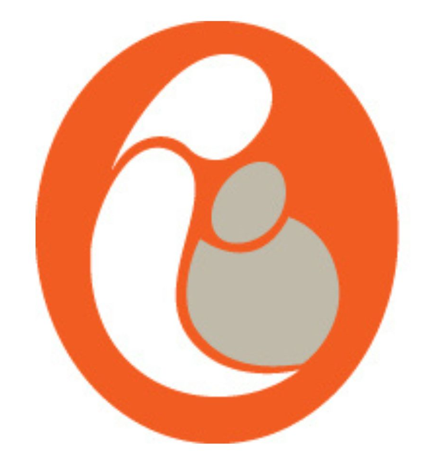Neonatal Therapeutic Hypothermia
What is Therapeutic Hypothermia (TH)?
Before birth, a small group of infants are exposed to reductions of oxygen or blood supply. These term infants are identified as having abnormal neurological behaviour are diagnosed with hypoxic-ischaemic encephalopathy (HIE) at or shortly after birth.
TH is now considered the standard treatment for term infants with moderate to severe HIE. It is a therapy during which the infant is cooled within six hours of birth to a targeted core body temperature of between 33°C to 34°C for a duration of 72 hours. Following the 72 hour period, the infant is rewarmed to normal body temperature over a 6-12 hour period.
TH is regarded as the greatest single advance in Neonatology over the last 25 years as research has demonstrated it reduces the rate of death, severe disability and lifelong cerebral palsy reduction for these infants.
In Ireland, TH is administered in four tertiary maternity hospitals: National Maternity Hospital, Rotunda Hospital, Coombe Women and Infants University Hospital and Cork University Maternity Hospital). All infants born in other hospitals requiring this treatment are transferred to one of these four tertiary hospitals.
Purpose of this report.
The National Clinical Programme Paediatrics and Neonatology (NCPPN) has identified a gap in the knowledge available nationally to clinicians and managers regarding TH.
The primary aim of this report is to present an overview and national statistics on TH in Ireland for the year 2019 and aggregate data 2016 -2019.
The 2019 Report provides details on the 72 infants in Ireland with Neonatal Encephalopathy (NE) who required Therapeutic Hypothermia (TH) in 2019. Findings on all 281 cases in the four-year period 2016-2019 are also provided. This constitutes a large national cohort recorded for a period during which almost 250,000 infants were born in Ireland. The incidence of TH was 1.2 per 1,000 births in 2019 and the rate of TH for the period 2016- 2019 was 1.1 per 1,000 births. The rate year-on-year has remained relatively constant with minor fluctuations suggesting that the underlying factors in its aetiology and causation are consistent and repetitive.
For further information on the Neonatal Therapeutic Hypothermia Audit, please contact Paul Corcoran pcorcoran@ucc.ie or Indra San Lazaro Campillo indra.campillo@ucc.ie




